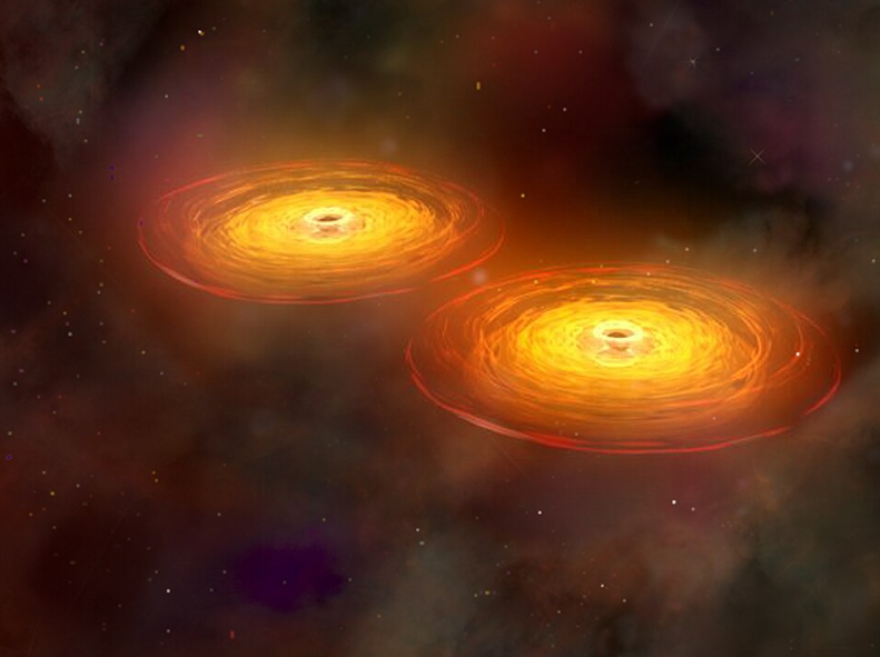Under a new law, law enforcement officers who don’t comply with immigration authorities like ICE could face criminal charges.This could bring big changes for local jailers, including the Orleans Parish Sheriff, along with everyday Louisiana residents.
Bobbi-Jeanne Misick has been reporting this story for Verite News and joins for more.
An observatory hidden in the woods in Louisiana recently detected a black hole merger. And while it took less than a tenth of a second, it was the largest collision of two black holes ever observed. The discovery was made at Laser Interferometer Gravitational-Wave Observatory, better known as LIGO. Joseph Giaime, head of the observatory, joins us to talk about the event, and how the observatory may be impacted by federal budget cuts.
Throughout the summer on Louisiana Considered, we are bringing you episodes of What Was Lost, a series from Verite News that explores the emotional and physical costs of Hurricane Katrina.
Today we hear from Terry Mogilles, a nurse who lost an important piece of furniture that once belonged to Wendell Green, an early 20th century Black businessman who was born into slavery.
—
Today’s episode of Louisiana Considered was hosted by Karen Henderson. Our managing producer is Alana Schreiber. We receive production and technical support from Garrett Pittman, Adam Vos and our assistant producer, Aubry Procell.
You can listen to Louisiana Considered Monday through Friday at noon and 7 p.m. It’s available on Spotify, the NPR App and wherever you get your podcasts.
Louisiana Considered wants to hear from you! Please fill out our pitch line to let us know what kinds of story ideas you have for our show. And while you’re at it, fill out our listener survey! We want to keep bringing you the kinds of conversations you’d like to listen to.
Louisiana Considered is made possible with support from our listeners. Thank you!





